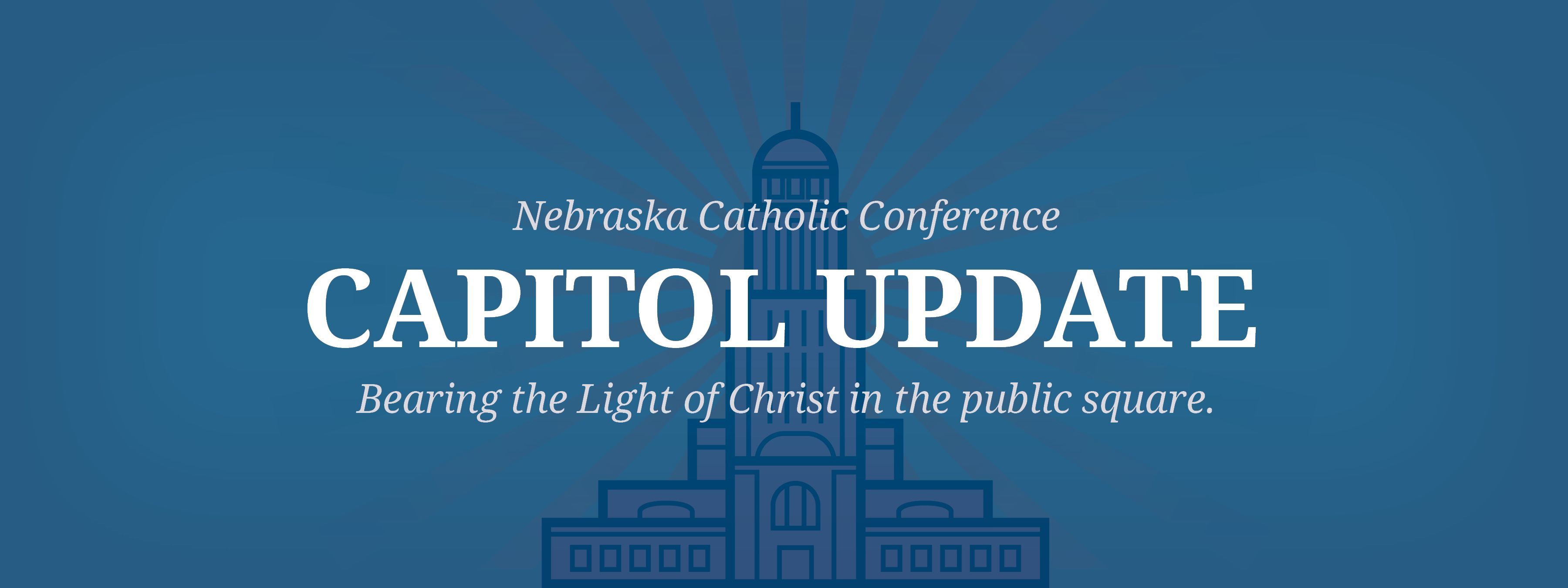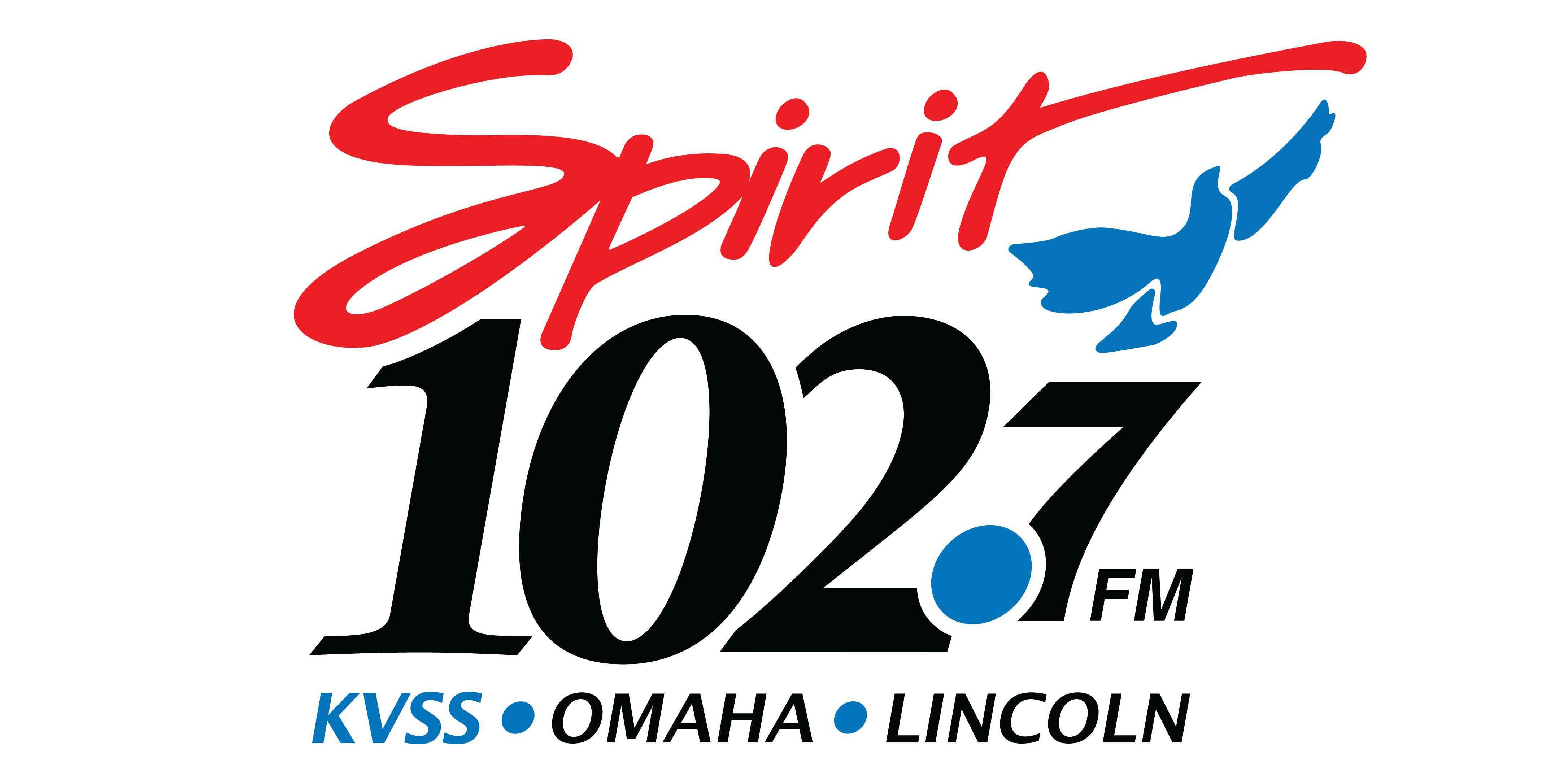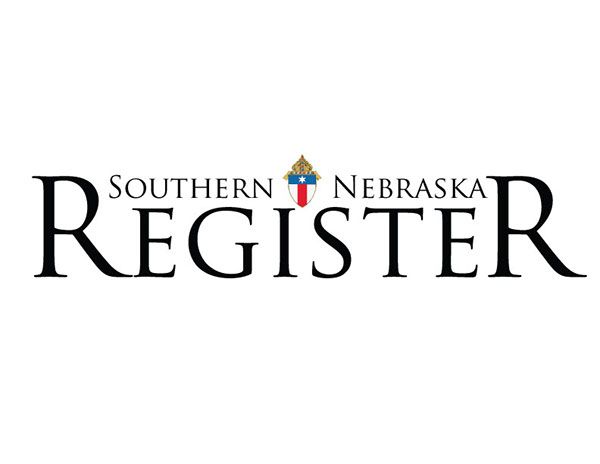The COVID-19 pandemic’s toll is beyond measure. Counted among the toll is the pandemic’s impact on education. The negative ramifications on students is far-reaching and will be long-lasting, unless serious steps are taken to assist children with education loss recovery.
As one article states, “[t]he damage to individuals is consequential, but the consequences could go deeper.” This same article found that the pandemic has left “students on average five months behind in mathematics and four months behind in reading by the end of the [2020-2021] school year.”
To speak in economic terms, the data estimates that “unless steps are taken to address unfinished learning, today’s students may earn $49,000 to $61,000 less over their lifetime” and “[t]he impact on the US economy could amount to $128 billion to $188 billion every year as this cohort enters the workforce.” Sadly, these learning loss impacts—not to mention the mental health impacts—and the economic fallout that will follow will be experienced most by “low-income, black, and Hispanic students” who, already pre-pandemic, were experiencing educational disparities.
These same low-income, black, and Hispanic families that have been most impacted by learning losses are also the same families that incurred additional significant economic hardship and financial instability throughout the pandemic. Such circumstances have made it all the more difficult for these families to “pursue supplemental and alternative educational opportunities” at the same “higher rates” of families who have financial means. Ultimately, the families disproportionately impacted by the pandemic experienced increased educational costs at a time when financial circumstances were already constrained, if not worse.
It is in this context that the Nebraska Catholic Conference urged Governor Ricketts to utilize America Rescue Plan Act (“ARPA”) pandemic relief funds to help Nebraska’s most financially needy families address their children’s learning losses. Recognizing the serious need to help these low-income families, Governor Ricketts did just that and adopted Education Recovery Accounts into his ARPA spending plan by allocating $60 million to this program.
The Education Recovery Accounts would, in a targeted and efficient fashion, get assistance into the hands of low-income families whose children have been hardest hit during the pandemic. These funds are available to all students—public, non-public, or home-school—as we know COVID-19 did not discriminate against the types of schools a child attended. The Education Recovery Accounts were developed for strict uses, such as tutoring, curriculum, tuition, or other educational services, to ensure that learning losses would be addressed in a fiscally responsible manner.
Over the last few months, the NCC has also urged the Nebraska Legislature’s Appropriations Committee to adopt the Governor’s Education Recovery Accounts. Earlier this week, sad to report, the Appropriations Committee failed to adopt Education Recovery Accounts into its preliminary ARPA budget.
Importantly, though, the fight for assisting Nebraska’s most impacted students is not over.
Shortly after the Appropriations issued its preliminary budget, the Governor took immediate action by holding a press conference to draw attention to this failure for Nebraska’s students. As well, there are other early indications that Senators concerned for these students will rise up and fight on their behalf to ensure that low-income families receive direct assistance for their educational needs.
As all of us know and have experienced, a kid only has one shot at a formative K-12 education. COVID-19 significantly ruptured and drastically affected this “one shot” for far too many kids. But Education Recovery Accounts can become a critical tool for putting our state’s most impacted children back on course for a bright future.
If you or somebody you know—whether in public school, non-public school, or homeschool—experienced negative educational effects because of the pandemic, I would highly encourage you to contact your State Senator and tell them to adopt the Governor’s Education Recovery Accounts. Share your story and urge them to support the Education Recovery Accounts. The full Legislature will soon be debating the ARPA plan and will have the ability to right the wrong of the Appropriations Committee, but your voice will be important in helping kids cross the legislative finish line!







